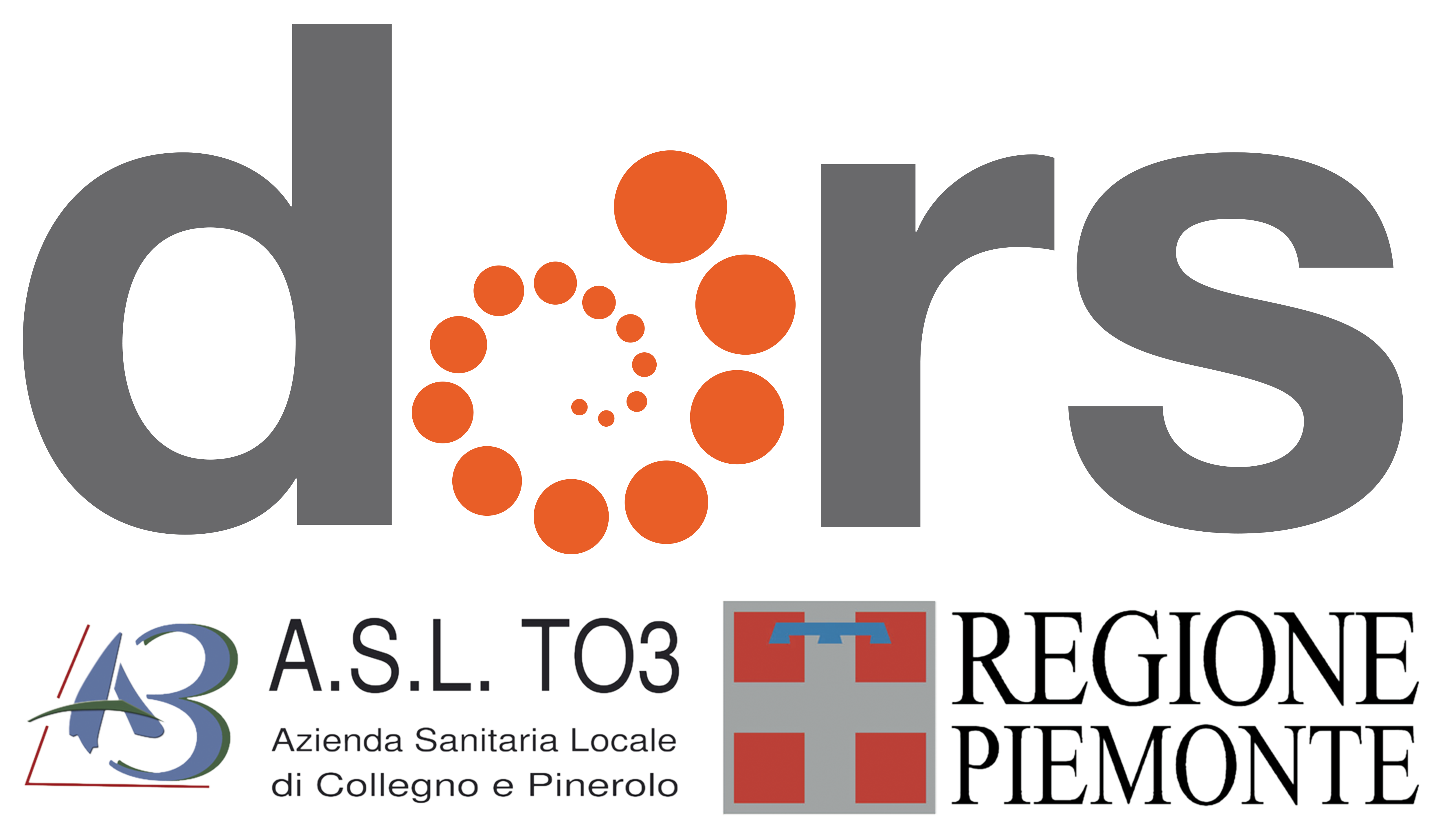| In collaborazione con le ASL/ASO del Piemonte | ||
 |
||
| Dors Regione Piemonte - Centro di Documentazione per la Promozione della Salute | ||
B.A.O.N.P.S. - Be Aware on Night Pleasure Safety (in Catalogo)2015/2017
Regione Piemonte gruppo ASL Torino 4
Progetto avviato nell’anno 2015 - Ultimo anno di attività : 2017
| Abstract |
| Tema di salute prevalente | Temi secondari | Setting | Destinatari finali |
| Droghe | Ambienti di lavoro Luoghi informali Luoghi del tempo libero | Operatori sanitari Altri professionisti del settore pubblico Altri professionisti del settore privato Minori Giovani Adulti Sovracomunali (distretti, asl, consorzi socio-assistenziali, province, ecc.) |
| Obiettivi specifici e interventi/azioni |
| Mandati | Finanziamenti |
| Piano Nazionale di Prevenzione (PNP) Piano Regionale di Prevenzione (PRP) Piani locali / Aziendali di prevenzione e promozione della salute | Finanziamenti europei |
| Responsabili e gruppo di lavoro | Enti promotori e/o partner |
| Dott. ZARMATI CARLO (responsabile) medico ASL TO4 - Direttore Dipartimento Patologia delle Dipendenze Email: CZARMATI@ASLTO4.PIEMONTE.IT Telefono: 0125414373-4 Sig. ANDREATTA DANILO INFERMIERE, COORDINATORE dipartimento patologia delle Dipendenze asl to4 Email: dandreatta@aslto4.piemonte.it Telefono: 0125414374 Sig. CAMOLETTO LORENZO Email: universtrada@gruppoabele.org Telefono: 0113391969 Dott.ssa FORNERO ELISA ASSISTENTE SOCIALE COOPERATIVA ALICE ONLUS Telefono: 0113391969 Sig. GIACOSA MAURO cooperativa Alice Onlus Telefono: 0173440054 Dott.ssa BECCARIA FRANCA Consulente Servizio Educazione Sanitaria Eclectica Istituto di ricerca formazione e comunicazione Email: beccaria@eclectica.it Telefono: 011/4361505 Dott. VINCENTI MARCO Centro Antidoping Orbassano | Azienda Sanitaria ASL TO4, Dipartimento Patologia delle Dipendenze In fase progettuale; In fase di realizzazione; In fase di valutazione; Azienda Sanitaria Centro Antidoping "Bertinaria" Orbassano In fase progettuale; In fase di realizzazione; In fase di valutazione; Cooperativa Cooperativa Sociale Alice Onlus Come promotore; In fase progettuale; In fase di realizzazione; In fase di valutazione; Altro ente Istituto di Ricerca e Formazione Eclectica In fase progettuale; In fase di realizzazione; In fase di valutazione; Altro ente Commissione Europea Direttorato Generale-Giustizia Come promotore; In fase di valutazione; |
| Documentazione di progetto | ||||||||
| ||||||||
| Documentazione azioni interventi | |||||||||
| |||||||||

